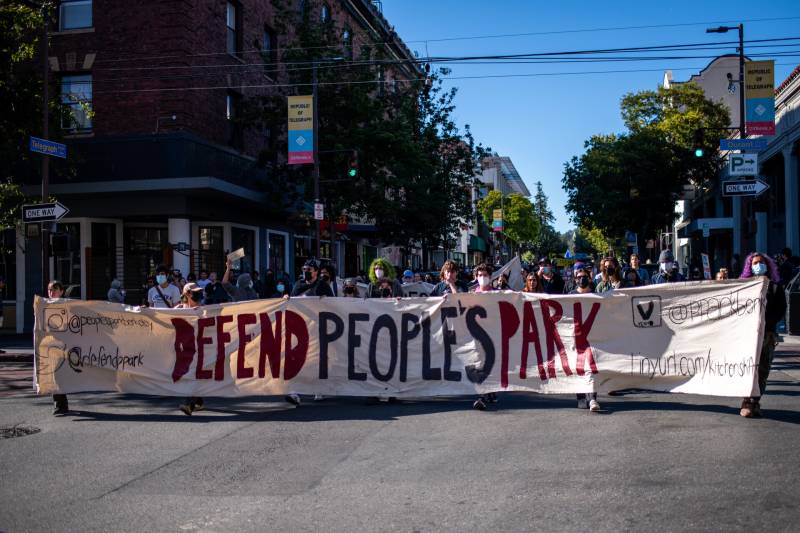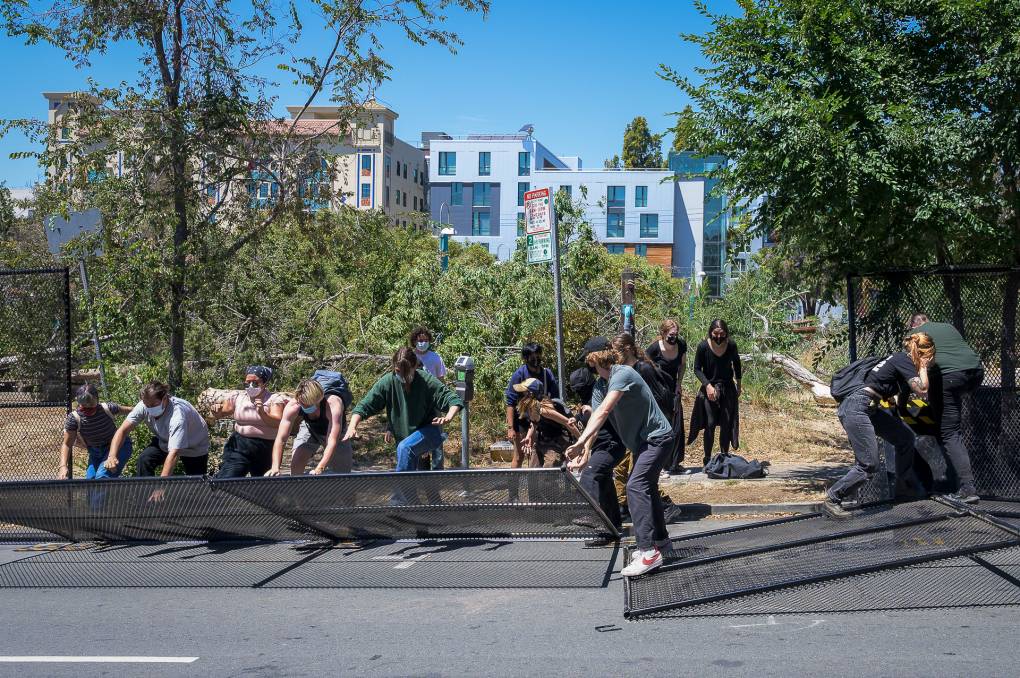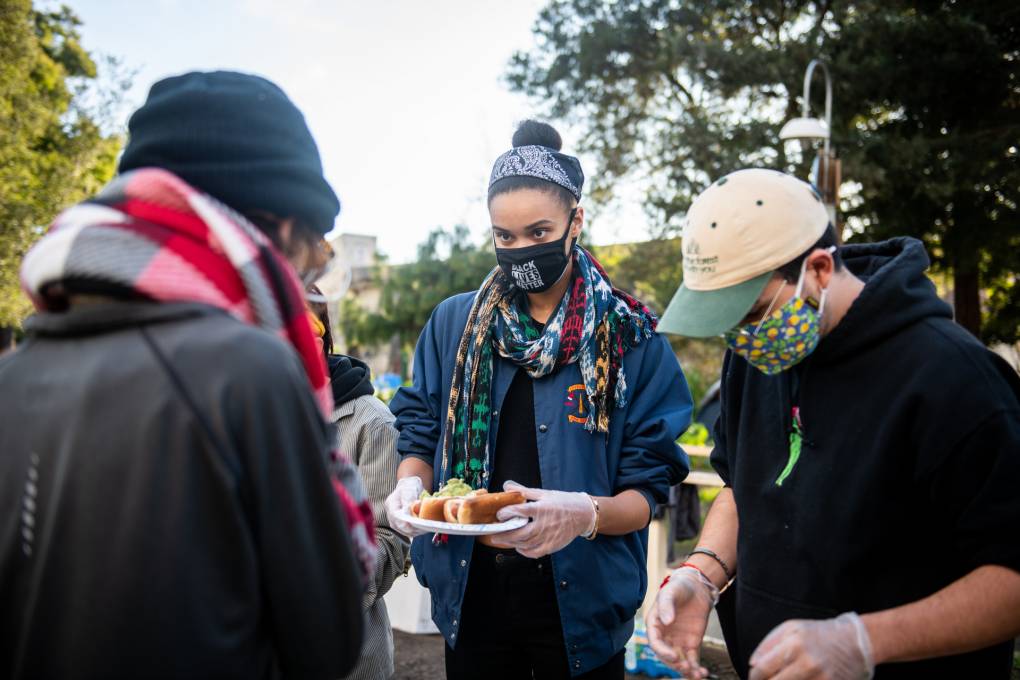“[UC Berkeley] is stubborn, arrogant, and they want to continue fighting this rather than take the more reasonable course of saying … let’s move on” he said. “They have 15 alternative sites that they have enumerated.”
Apart from deciding the future of People’s Park, many are watching the case for the effects it could have on a contentious state environmental law.
The California Environmental Quality Act (CEQA) requires that builders and local governments analyze the environmental impacts of proposed development projects and work to mitigate them.
Critics of the law have long argued that it has been abused by those opposed to developments near their homes and businesses as a way to block or delay new housing under the pretense of seeking more information to assess environmental concerns.
With the appellate court now ruling that the university should consider the noise impact from student parties, some worry CEQA (pronounced see-kwuh) will now be applied in similar fashion elsewhere, blocking or delaying housing development across California.
“This decision has the potential to prevent colleges and universities across the State of California from providing students with the housing they need and deserve,” the university wrote. “This decision bestows new privileges and power to the privileged and powerful by arming NIMBY neighbors with additional weapons to obstruct the development of all new urban housing.”
California state Senator Scott Wiener vented his frustration with what he called “an absurd and dangerous” ruling on Twitter, vowing legislative action.
The court seemed to anticipate this backlash in their ruling.
“We are, of course, aware of the public interest in this case … We do not take sides on policy issues,” the judges wrote. “Our task is limited. We must apply the laws that the Legislature has written to the facts in the record.”
“We agree that the Legislature did not intend CEQA to be used as a redlining weapon by neighbors who oppose projects based on prejudice rather than environmental concerns,” the judges added later in the 47-page decision.
Harvey Smith insists that the university’s concern over the impact to CEQA is a red herring, and that the goal of plaintiffs is not to block student housing, but to preserve the park.



